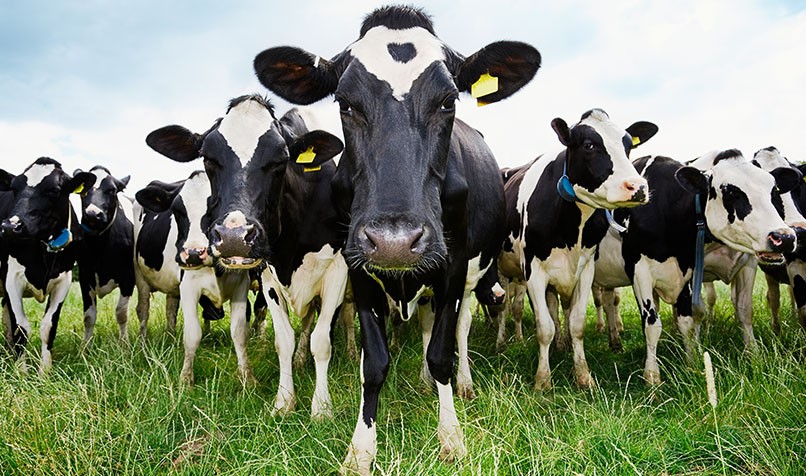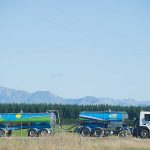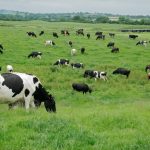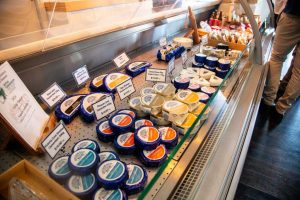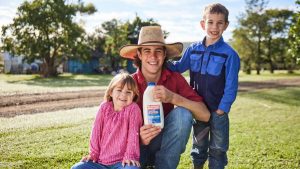
Jeff Hastings still remembers the distinctive taste of the UHT milk he drank as a young boy living in Papua New Guinea (PNG), and how far removed it was from the sweet creaminess of the milk that came from his family dairy farm back in Australia.
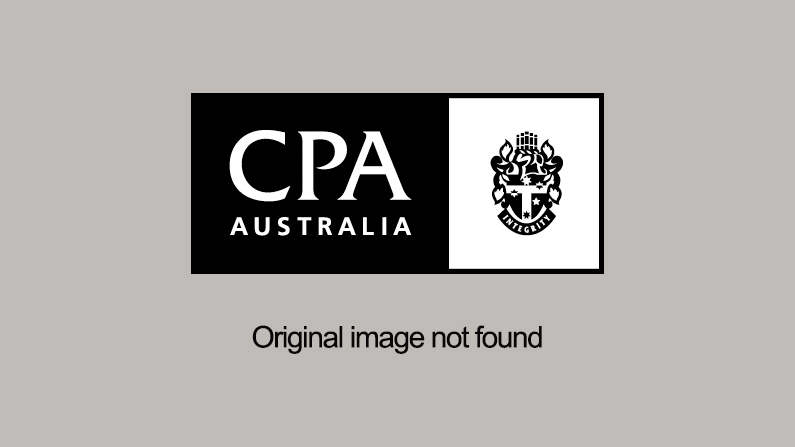
Due to logistical challenges, fresh milk wasn’t readily available in PNG and, like many areas of the Pacific, Asia and the Middle East, the country relied on long-life milk as the only alternative.
This stuck with Hastings and, with extended family still in PNG without ready access to affordable fresh milk, six years ago he turned his mind to finding a solution.
“We started in the same place we always do, and that is where there is a technology gap or a hurdle that we have to find a way to get over to promote and further gain profit for Australian agriculture. That is always at the genesis of what we do,” says Hastings.
Hastings’ background is in agricultural engineering. As CEO of Queensland-based company Naturo, he has already made waves in food technology through the development of a patented natural process called Natavo, a sort of “avocado time machine”, which prevents fresh avocados from browning.
With milk, Hastings defined his challenge as extending the shelf life of milk in order to be able to export it affordably. The result is Haelen technology, which has been touted as the biggest breakthrough in milk production since pasteurisation was first invented in the 1860s.

“At our core, we are looking at solving industry problems that exist, and these include that we can’t get our Australian milk offshore that easily,” Hastings says.
“Increasing the shelf life from an average of 14 days to 60 means we can get fresh Australian milk to more countries by sea rather than air, which is extremely expensive.”
Hastings says the patented Haelen method is a world-first and combines homogenisation and a novel use of high-pressure processing. It makes the milk safe to drink without the use of pasteurisation or ultra-heat treatments, preserving its fresh taste and extending its shelf life to two months.
“The Haelen method is a very gentle method because, unlike pasteurisation, which essentially cooks the milk, it doesn’t involve heat and kills bacteria without killing vitamins and enzymes. It actually kills more bugs than pasteurisation does, in particular one bug all milk regulators would love to get rid of, bacillus cereus, and the Haelen method is the first process that can kill it,” says Hastings.
The flavour is also a far cry from the UHT milk of his childhood. “I come from a dairy farming family, so when I first tasted it, I thought, ‘Wow, it tastes like it is straight out of the vat’. It tastes like milk.”
Like most disruptors, Hastings has faced challenges along his journey from idea to commercialisation. Early conversations with regulators indicated Hastings had just a 5 per cent chance of success in developing the product.
Hastings wasn’t discouraged by the poor prospects, and the launch of The Wholey Milk Company, which is getting ready to export the milk in the second half of 2021, is testament to Hastings’ tenaciousness.
“It’s been a long and bumpy road. One of the key lessons that I learned was, you can’t do it all yourself. You need investors, you need to surround yourself with smart people, and you need to be prepared to give away some of the pie.
“We’ve been really lucky to get some really clever people interested in the idea and in the technology,” says Hastings.
Kick-starting with investment
Investors got behind the project from the start, says John Lawlor, Naturo’s chief financial officer, with seed funding secured through a combination of equity raising and government grants.
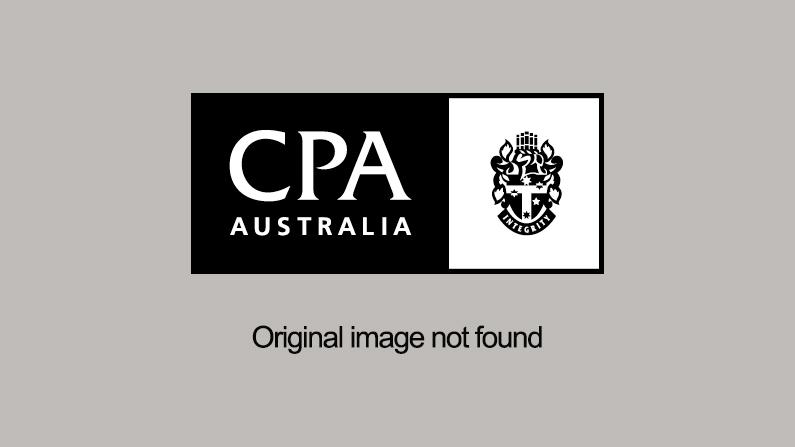
“The first round of equity came from family and friends, and then we did a small amount of capitalising to get in about A$500,000. That allowed us to develop the idea, and then we applied for an Ignite Ideas Fund grant of A$250,000 from the Queensland Government,” says Lawlor.
The product’s potential has also been recognised with an Accelerating Commercialisation grant from the federal government. The A$1 million grant has allowed Naturo to build a pilot manufacturing plant at the company’s headquarters in Coolum, Queensland, and investigate international market opportunities.
Lawlor says the technology has the potential to give a boost to Australia’s dairy industry, whose recovery from deregulation and supermarket price wars has been slow. The new export opportunities the technology offers are part of the commercial appeal to investors. The project will also create local jobs, with 32 full-time workers expected to join the full-scale production plant.
Importantly, for the nation’s beleaguered dairy farmers affected by droughts, natural disasters and global market price fluctuations, the technology offers a direct route to market that hasn’t existed before.
“This technology will provide farmers with the opportunity to get better farmgate returns and sell more milk,” Lawlor says.
“What we have done is invent a new process that retains more health benefits and opens up opportunities for dairy producers to supply fresk milk that will meet a demand and reach new markets.” Jeff Hastings, Naturo
Because Naturo’s technology extends the shelf life of the milk, the transport options to get it to international markets open up to include sea freight, which is much more cost efficient than air freight, says Lawlor.
“We can offer the industry the opportunity to expand again, because at the moment it’s actually very, very difficult for Australian farmers to get their milk products into international markets. You need to use air freight, which is expensive. This technology will allow milk to be shipped by boat internationally.”
The economic benefits also flow to an increase in farmgate prices, with the company pledging to pay 10 per cent above the current market rate, which ranges from A$6 to A$7 per kilogram of milk solids.
“We have it as a philosophy that we want to add a premium to the current farmgate price. We believe we’re going to have a relatively high-value product, particularly on the nutrition side, and we want farmers to come on that journey with us,” says Lawlor.
Exporting value
Australia’s dairy industry is a key sector of the agricultural economy, coming in fourth behind beef, wheat and sheep. It generates A$4.8 billion in farmgate value and exports 29 per cent of milk produced.
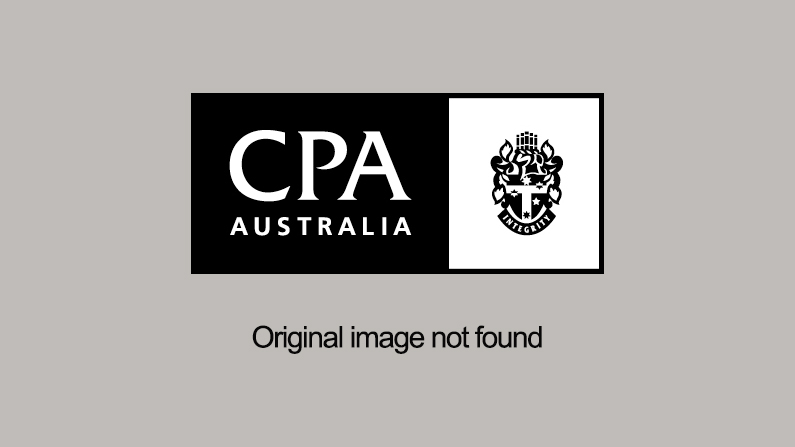
Naturo’s entry into the export market later this year comes during a period of industry growth. Not only is the Australian dairy industry gaining strength, but demand for liquid milk is also rising in the Asia-Pacific region.
In countries such as China, there are opportunities for Australian dairy producers, says Michael Harvey, senior analyst with Rabobank, specialised lender to food and agribusiness enterprises.
“China has seen a rapid growth [in demand] for liquid milk due to a number of drivers, including strong public and private investment in educating consumers on the health benefits of milk. In 2008, 8000 tonnes of milk were imported per calendar month. In 2020, that’s risen to one million tonnes, and there is still room for more growth,” says Harvey.
Harvey said another driver contributing to the growth in imported sales goes back to the 2008 milk contamination scandal in China, which saw milk and infant formula being adulterated with melamine, a chemical used to increase the nitrogen content of diluted milk, giving it the appearance of higher protein content in order to pass quality control testing.
“That caused a lot of damage to local producers and triggered a spike in the sales of imported brands and imported dairy products. Consumers still trust imported brands probably a little bit more than locally produced brands,” says Harvey.
“This technology will provide farmers with the opportunity to get better farmgate returns and sell more milk.” John Lawlow, Naturo
Naturo’s liquid milk products, aimed at the higher end of the consumer market, will be competitive with locally produced milk, says Harvey.
“If you’re buying milk from a farmer in China, it’s very, very expensive, so imported milk is competitive price-wise,” says Harvey.
With predictions that growth for milk will continue in the Asia-Pacific over the next decade, Hastings says Naturo is ready for the challenges of launching a new product.
“Pasteurisation is a fantastic method – and it hasn’t changed since the 1800s because it works. What we have done is invent a new process that retains more health benefits and opens up opportunities for dairy producers to supply fresh milk that will meet a demand and reach new markets,” says Hastings.
